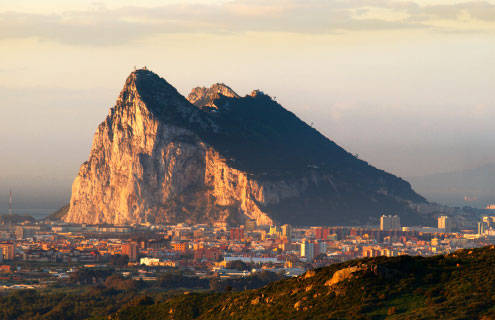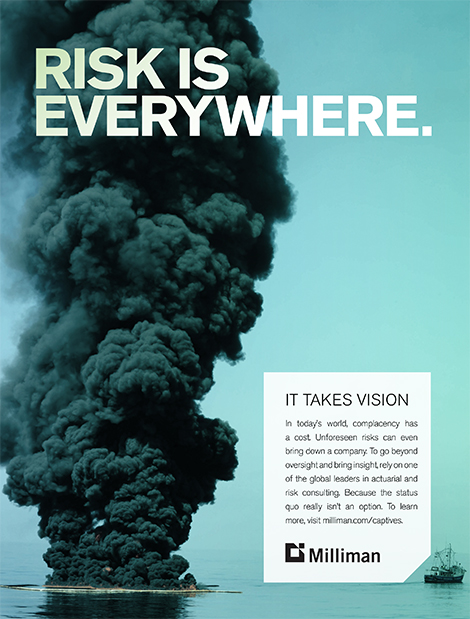The diplomatic impasse surrounding the British Overseas Territory of Gibraltar has been making headlines in recent years. There is a connection between the increasing political tensions and the burgeoning financial services industry in Gibraltar. While the Spanish economy has receded for the last nine consecutive quarters, Gibraltar has fared comparatively well. As it becomes more prosperous, the struggling economy on the other side of the border becomes more obvious...
The diplomatic impasse surrounding the British Overseas Territory of Gibraltar has been making headlines in recent years. There is a connection between the increasing political tensions and the burgeoning financial services industry in Gibraltar. While the Spanish economy has receded for the last nine consecutive quarters, Gibraltar has fared comparatively well. As it becomes more prosperous, the struggling economy on the other side of the border becomes more obvious.
There is a gulf across the frontier, in wages, tax levels and the price of goods and services. This has further entrenched opinion on both sides of the divide.
As a British Overseas Territory, Gibraltar effectively has one foot in and one foot out of the EU. The territory joined as a dependent territory of the UK in 1973 under the Treaty of Rome, which had a provision for member state territories. At the time it was granted exemption from some areas of the fledgling union, such as the Common Agricultural Policy.
Since 2004, Gibraltarians have participated in elections for the European Parliament as an extension of the constituency covering the South West of England. In effect Gibraltar is able to enjoy the advantages of membership without being bound to all of its rules and regulations.
The authorities in Gibraltar reject any accusation of being a tax haven, a position backed up by the Organisation for Economic Cooperation and Development (OECD) and the International Monetary Fund, and there is undoubtedly a strong case for doing business in Gibraltar.
The government’s website cites the ability to trade goods and services to the EU market free of VAT as one of these cases. Its currency is stable as it is tied on a like for like basis to the British pound. It describes itself as a “low-tax jurisdiction with a profit oriented capital base at low levels of corporate tax”.
Gibraltar’s long pedigree in financial services, combined with its broad market access makes it a very attractive insurance domicile. Industry figures expect the sector to grow further in the years ahead.
A new airport opened in the territory in 2012 with direct daily flights to London, and an increasing number of other European financial centres. With these developments, and the authorities’ commitment to an open for business attitude, Gibraltar’s future as a captive domiciles looks as bright as its climate.





